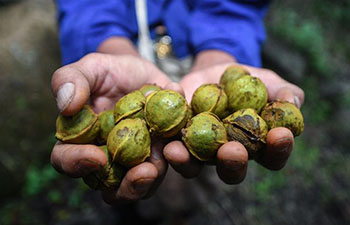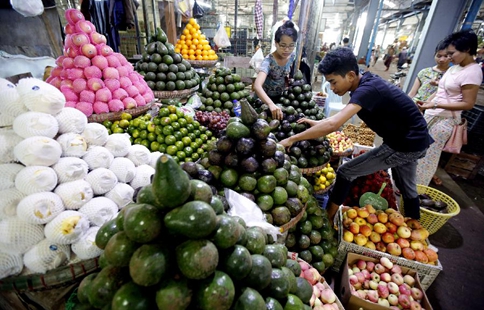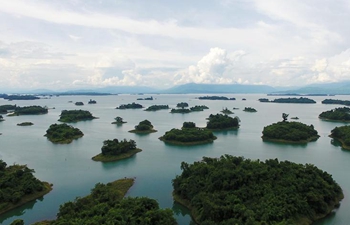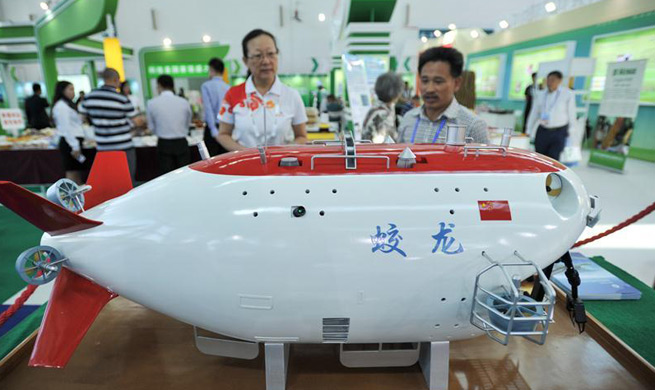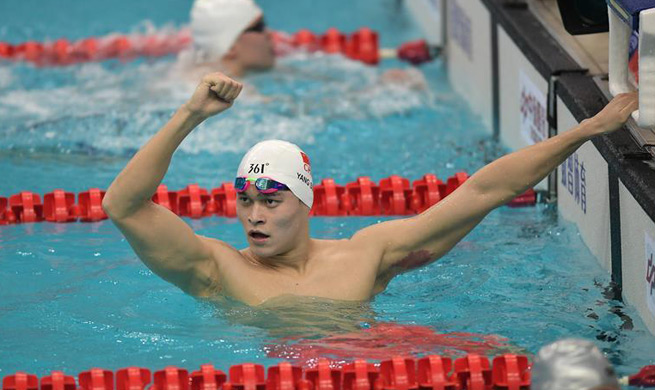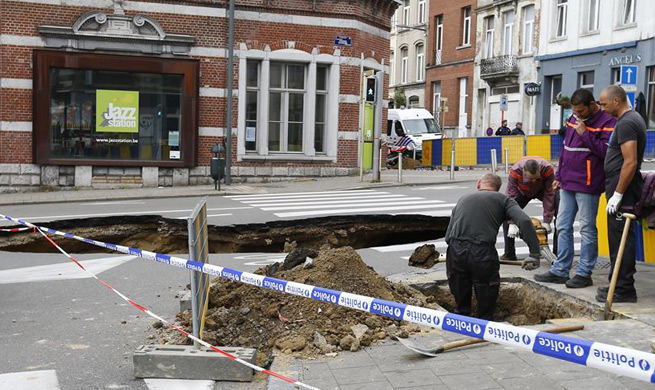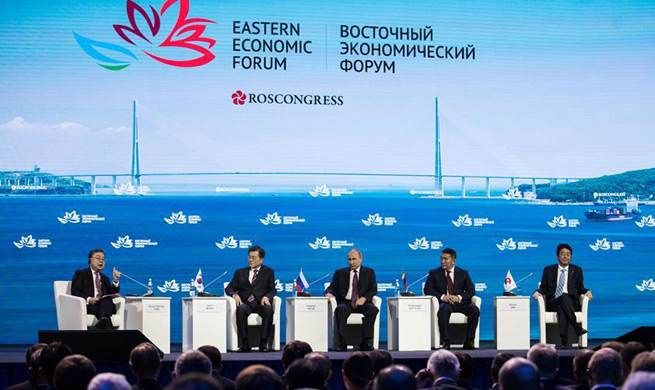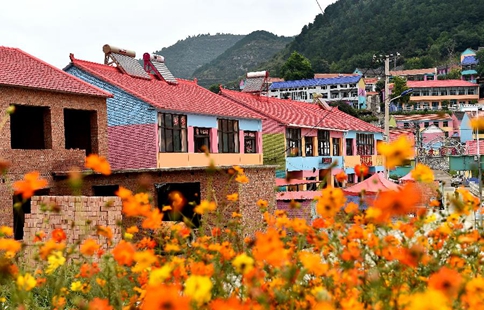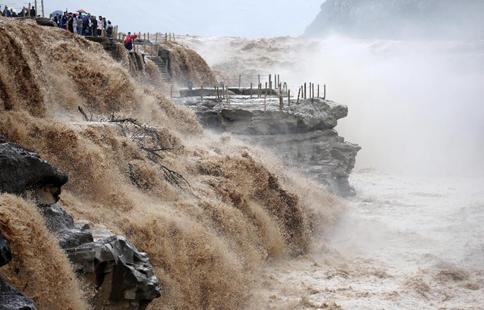by Burak Akinci
ANKARA, Sept. 7 (Xinhua) -- Turkey has become a pillar in providing international support and humanitarian assistance on the plight of the Rohingya, the Muslim minority in Myanmar, forced to flee their land, a policy in line with president Recep Tayyip Erdogan's ambitions of asserting his country's position as a global player, said local experts.
Turkey's First Lady Emine Erdogan and Foreign Minister Mevlut Cavusoglu, first foreign dignitaries to meet thousands of refugees who have fled Myanmar's Rakhine state, visited camps in Bangladesh in the coastal district of Cox's Bazar, and delivered the first batch of a much needed aid.
During the visit, who had a large coverage in the Turkish press, Ms Erdogan called on the international community "not to stay silent to this humanitarian tragedy, unacceptable in this day and age," she said to reporters, quoted by news channels.
The visit follows the latest bloodshed in Rakhine state that resulted in the fresh influx of Rohingya's into Bangladesh in the last 10 days. Hundreds have been killed in the latest violence when Rohingya rebels attacked police posts and an army base. The ensuing clashes have killed hundreds, nearly 400, according to several sources.
President Erdogan said on Wednesday that Turkey will provide 10,000 tones of aid to help some 160,000 Rohingya that have fled their land and endured very difficult conditions to cross over neighboring Bangladesh. "I spoke with Myanmar leader Aung San Suu Kyi yesterday. They opened the doors after our call," he said in Ankara.
Turkey, who asked the Bangladesh government to open borders for the Rohingya, vowing to pay the cost, is expected to deliver humanitarian aid to some 100,000 Rohingya families.
Turkey's interest in the cause of this Muslim community is not new. Since Myanmar's democratic transition began in 2011, violence between the country's Buddhist and Muslim communities escalated, and the 2012 Rakhine State riots led to several deaths and mass displacement among Muslim minorities.
Having opened its embassy in Myanmar in March of the same year, Turkey adopted an active stance towards the Rohingya's plight, taking the issue to the United Nations and leading the formation of the Rohingya Contact Group under the Organization for Islamic Cooperation. In the meantime, Turkish aid organizations, such as the Turkish Red Crescent, Turkish Cooperation and Coordination Agency (TIKA) and the Disaster and Emergency Management Authority (AFAD) got actively involved in Myanmar for the support of the Rohingya.
The indication of Turkey's involvement in the Rohingya crisis, way more than any other Muslim country, is clear and Erdogan also said that he would raise the issue at the United Nations General Assembly in New York this month. As current head of the Organization for Islamic Cooperation, Erdogan has discussed the violence with around 20 world leaders.
"Humanitarian assistance and mediation efforts in international conflicts has become a key point in Turkey's foreign policy. In this context, Turkey is playing a proactive stance in the Rohingya issue," said Dr. Altay Atli, a researcher on international politics and Economics in the Asian region in Istanbul's Sabanci University.
From a political perspective, President Erdogan uses every opportunity to assert that Turkey "has become a hope for the oppressed," and is "extending a helping hand to those in need," a position which is highly appreciated by the Turkish people and the conservative and pious electorate that have kept him in power since 2002, amid criticism of authoritarian rule.
"There is much sensibility in Turkey for the cause of this community. People appreciate that the Turkish government stays active there even though Turkey can not find a settlement on his own," explained Altay Atli.
The image of a strong Turkey reaching out to Muslims in need anywhere in the world is a key pillar of the Turkish government's foreign policy, should it be in the very conflictual Middle East or other parts of the world in this global age.
According to data released by the Global Humanitarian Assistance Initiative, Myanmar is the seventh largest recipient of Turkey's humanitarian assistance, after Syria, Somalia, West Bank and Gaza Strip, Iraq, Jordan, and Pakistan.
Turkey ranks second in the world after the United States for foreign assistance with 6 billion USD spend in 2016, half of this amount having been used for the 3.5 millions Syrian refugees that it hosts on its soil since the beginning of the civil war there in 2011.
Several humanitarian NGOs, like the Humanitarian Relief Foundation (IHH), one of Turkey's leading aid group also active in Somalia and Syria, have launched donation campaigns in Turkey and are currently active in Bangladesh to directly channel assistance for the Rohingya refugees.
The Turkish press reports daily of killing against Muslims in Myanmar amid growing popular interest for this issue that was totally unknown to a vast majority of Turkey until some years ago.
"Yes, I heard from the television that Muslim brothers and sisters are being killed there. I think that our president Erdogan is doing a great job," told Xinhua Ibrahim Kanat, a shopkeeper from downtown Kizilay, Ankara.
The Rohingya issue is also an opportunity to engage more with East Asia, and have stronger relations with the Association of Southeast Asian Nations (ASEAN), Altay Atli said.
"Turkey has close relations with Muslim-majority countries, such as Indonesia and Malaysia, and Ankara aims to support these linkages through humanitarian aid and intermediation efforts aimed at the Muslim minority groups elsewhere in the region."
"What makes Turkey's difference is that she listens to the Rohingya living thousands of kilometers from here, making of her a global actor," said the academic.




